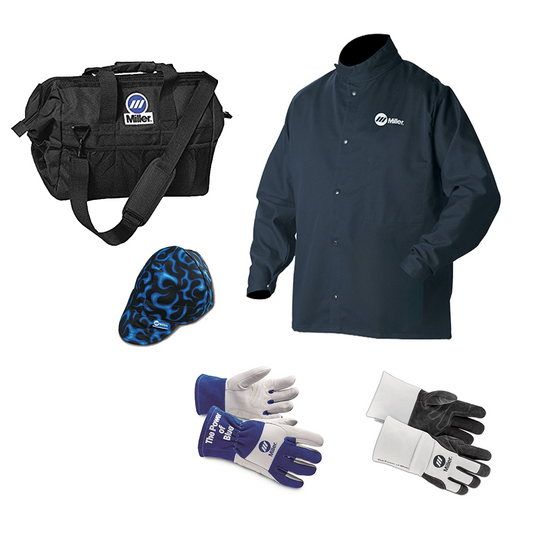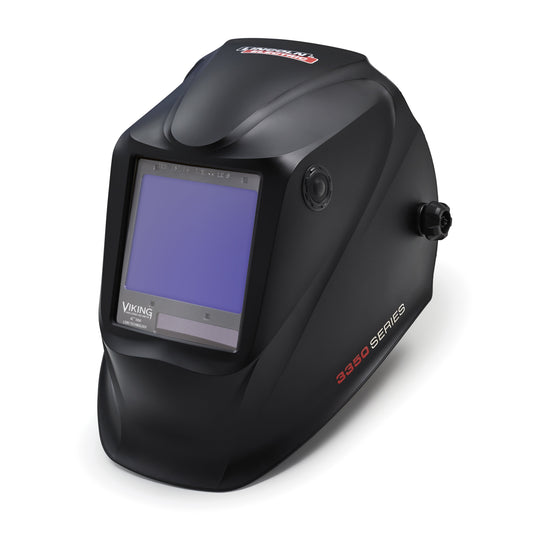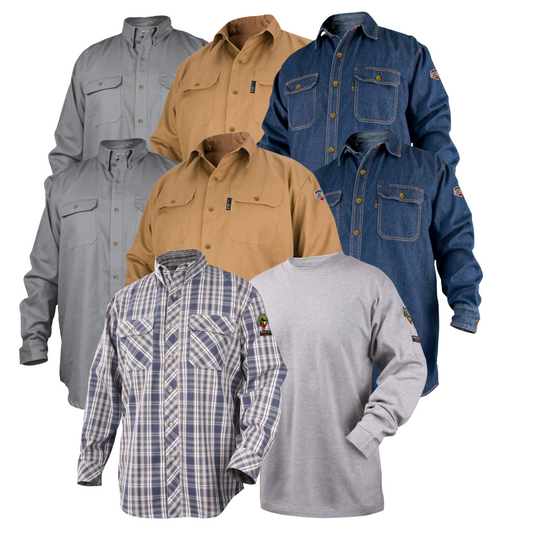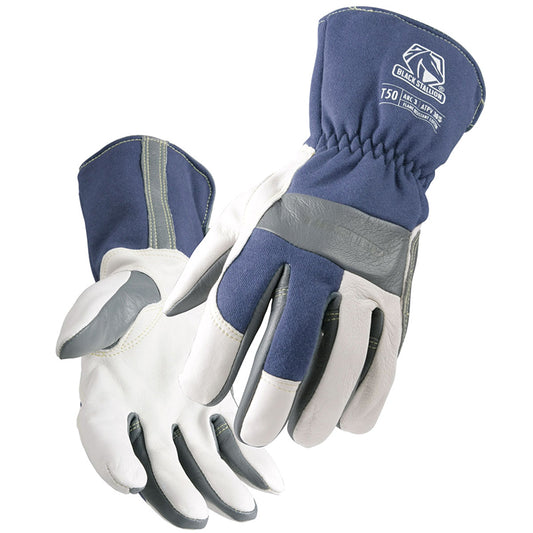Welding gases are essential for many welding processes, providing the necessary environment to produce clean, high-quality welds. However, handling and using these gases require careful attention to safety. In this blog post, we'll cover essential safety tips for managing welding gases to ensure a safe and efficient working environment.

Understanding the Basics
Before diving into safety tips, it's important to understand the types of welding gases commonly used:
- Shielding Gases: Argon, helium, carbon dioxide, and mixtures protect the weld from contaminants in the air.
- Fuel Gases: Acetylene, propane, and natural gas are used for gas welding and cutting.
- Oxygen: Used in combination with fuel gases to support combustion in cutting and welding processes.
Each gas has specific properties and handling requirements, making it crucial to follow appropriate safety guidelines.
Essential Safety Tips
Proper Storage:
- Store gas cylinders upright and secure them with chains for straps to prevent them from falling
- Keep cylinders in well-ventilated areas away from heat sources and flammable materials.
- Label all cylinders clearly with their contents and ensure valve protection caps are in place when not in use.
Handling Cylinders:
- Use appropriate cylinder carts for transportation; never drag or roll cylinders.
- Avoid dropping or striking cylinders, as this can damage the valves and lead to leaks or explosions.
- Open cylinder valves slowly to prevent pressure surge, and always use the correct regulator for each gas type.
Ventilation:
- Ensure adequate ventilation in the welding area to prevent the accumulation of gases.
- Use local exhaust ventilation systems to capture and remove hazardous fumes and gases at their source.
Personal Protective Equipment (PPE):
- Wear appropriate PPE, including safety glasses, gloves, and flame-resistant clothing.
- Use welding helmets with the proper shade to protect against arc flash and radiation.
Leak Detection:
- Regularly inspect cylinders, hoses, and connections for leaks using soapy water or a commercial leak detection solution.
- Never use an open flame to check for leaks.
Emergency Preparedness:
- Be familiar with the location and operation of emergency shut-off valves.
- Keep fire extinguishers and first aid kits readily accessible in the welding area.
- Train employees on emergency procedures, including evacuation plans and gas hazard recognition.
Baker's Gas and Welding Locations
For customers in Ohio, Michigan, and Indiana, Baker's Gas and Welding Supplies offers a wide range of welding gases and supplies. Our storefronts are equipped to handle gas sales and provide expert advice on safe handling and usage. Visit any of our locations for your welding needs:
- Wauseon, OH: 1299 N Shoop Avenue, Wauseon, OH 43567 • 419-335-2220
- Lincoln Park, MI: 1300 Howard Street, Lincoln Park, MI 48146 • 313-383-5690
- Monroe, MI: 905 North Dixie Hwy, Monroe, MI 48162 • 734-241-8959
- Osseo, MI: 2900 Lake Pleasant Road South, Osseo, MI 49266 • 517-594-5057
- Techumseh, MI: 1717 East Monroe Road, Techumseh, MI 49286 • 517-423-0904
- Bryan, OH: 1217 East High Street, Bryan, OH 43506 • 419-636-5027
- Defiance, OH: 26016 Nostalgic Dr., Defiance, OH 43512 • 419-782-7906
- Fremont, IN: 1184 IN-120, Fremont, IN 46737 • 260-918-1999
- Jackson, MI: 3151 Cooper Street, Jackson, MI 49202 • 517-539-8929
Contact Us
If you have any questions or need quotes for welding gases and supplies, feel free to reach out to Baker's Gas and Welding. Our team is ready to assist with all your welding needs.
By following these safety tips and using high-quality gases and supplies from Baker's Gas and Welding, you can ensure a safer and more efficient welding experience.





